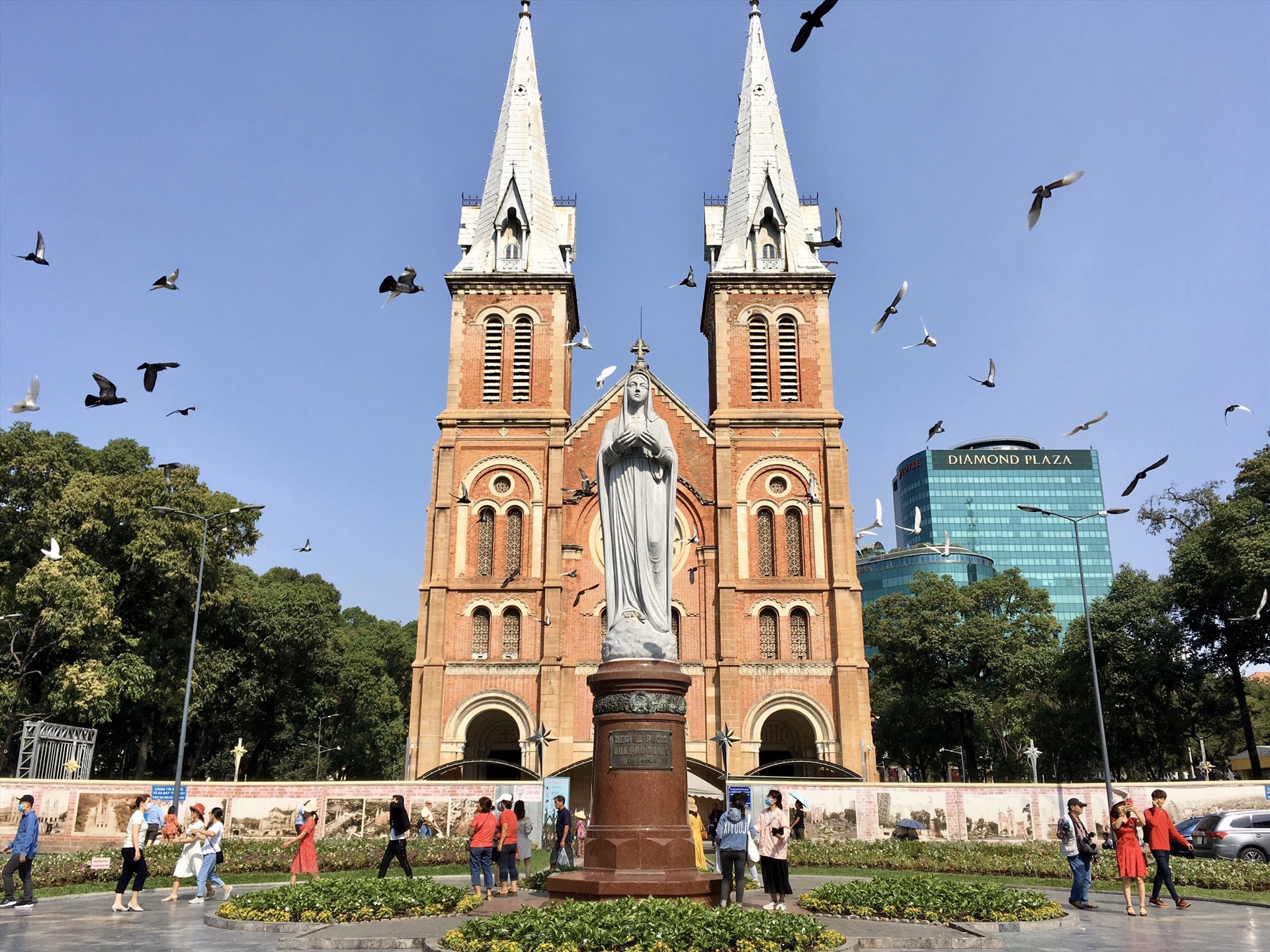Types of Business Entities in Vietnam for Foreign Investors
Date: 2025.09.19
Types of Business entities Foreign investors can establish in Vietnam (According to the 2020 Enterprise Law)
Vietnam is emerging as a strategic destination for global FDI inflows. With increasing interest from Japanese enterprises, understanding the appropriate business entity to establish is a crucial first step for any investor.
According to the 2020 Enterprise Law, there are currently four main types of business entities that foreign investors can choose to establish and operate in Vietnam.

1. One-Member Limited Liability Company (100% Foreign-Owned)
Definition:
An enterprise owned entirely by a single individual or organization (in this case, a foreign investor).
Key characteristics:
– Not permitted to issue shares
– The owner has limited liability based on capital contribution
– Can establish branches or representative offices in other localities
Best suited for:
– Individual or corporate foreign investors seeking full control without shared ownership
– Simple and straightforward management structure
– Flexibility in expansion through branches or representative offices
2. Multi-member Limited Liability company (Two or more Members)
Definition:
A business entity with 2 to 50 capital-contributing members, which can be individuals or organizations. Foreign investors may participate with ownership ratios subject to the specific sector’s legal restrictions.
Key Characteristics:
– Flexible governance structure
– Limited liability for members based on their contributions
– Not allowed to issue shares
Best suited for:
Medium-scale investment projects, joint ventures with multiple partners, or investors aiming to share risks and resources
3. Joint Stock Company (JSC)
Definition:
A corporate structure with a minimum of three shareholders. It is permitted to issue shares and raise capital, including from the stock market.
Key characteristics:
– No cap on the number of shareholders
– Eligible to be listed on the Vietnamese stock exchange
– Governance structure includes: General Meeting of Shareholders, Board of Directors, Supervisory Board
Best suited for:
Large-scale enterprises, Japanese corporations planning long-term development, or businesses aiming for IPO and diversified fundraising strategies
4. Representative Office / Branch in Vietnam
Definition:
– Representative Office: Not permitted to engage in commercial activities. Functions include communication, market research, and trade promotion.
– Branch: May conduct part or all of the business activities of the parent company.
Key characteristics:
– Not considered a separate legal entity
– Must register with the Department of Industry and Trade (for representative offices) or the Ministry of Industry and Trade (for branches)
– Ideal for market entry and preliminary customer base development
Best suited for:
Foreign companies seeking to test the Vietnamese market, or early-stage presence to support future business expansion
Important Notes for Foreign Investors (2025 Update)
According to the latest updates from the Ministry of Planning and Investment:
– Certain conditional business sectors require prior investment approval before company registration
– Foreign ownership is restricted in sectors such as telecommunications, logistics, and retail distribution
– Company registration can now be completed entirely online via the National Business Registration Portal (dangkykinhdoanh.gov.vn)
Conclusion
Choosing the right business entity is a critical factor in ensuring legal compliance, operational efficiency, and sustainable growth in Vietnam.
With extensive experience assisting Japanese and international businesses, HelpAll is ready to support foreign investors through every step — from entity setup and legal procedures to operations and market development.






